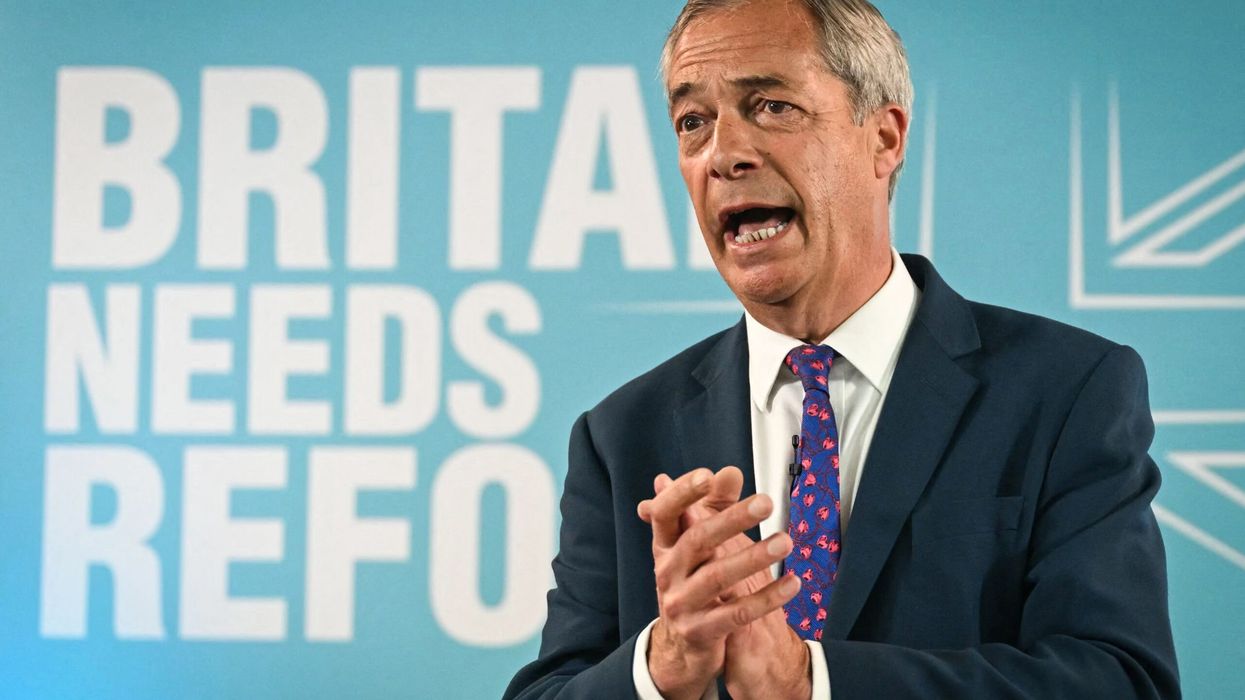AN AFGHAN man was on Friday found guilty of making a threat to kill Nigel Farage in a TikTok video. Farage is the leader of Reform UK, which currently leads opinion polls in Britain.
Fayaz Khan, 26, was convicted by a jury at London’s Southwark Crown Court of one count of making a threat to kill Farage in a video posted in October 2024.
Prosecutors said Khan uploaded the video in response to one posted by Farage. In his clip, Khan – who has an AK-47 assault rifle tattooed on his face – said “pop, pop, pop” while making gun gestures.
Farage told the court on Tuesday that he was “genuinely worried” after seeing the video, which he described as “chilling.”
Khan will be sentenced next week for the threat to kill, as well as for entering Britain illegally, a charge he has already admitted.
Farage in the witness box
Farage had earlier posted a YouTube video in which he spoke about “young males of fighting age coming into our country.” The video included clips from Khan’s social media posts showing his journey from Sweden to Britain.
Two days later, Khan posted a response, saying, “Englishman Nigel, don’t talk shit about me,” while making gun gestures and headbutting the camera.
Farage said his public role often attracts criticism. “Abuse is part of public life, (but) that’s not something that I’m used to seeing,” he said.
“Given his proximity to guns and love of guns, I was genuinely, genuinely worried,” Farage added.
Khan’s lawyer, Charles Royle, told Farage that the video “suits your narrative.” Farage replied, “It doesn’t suit my narrative, it’s a fact.”
Khan denied the charge and told police after his arrest that the video was not a real threat, saying he played a character in his social media videos. However, the jury found him guilty by a 10-2 majority.
(With inputs from agencies)





